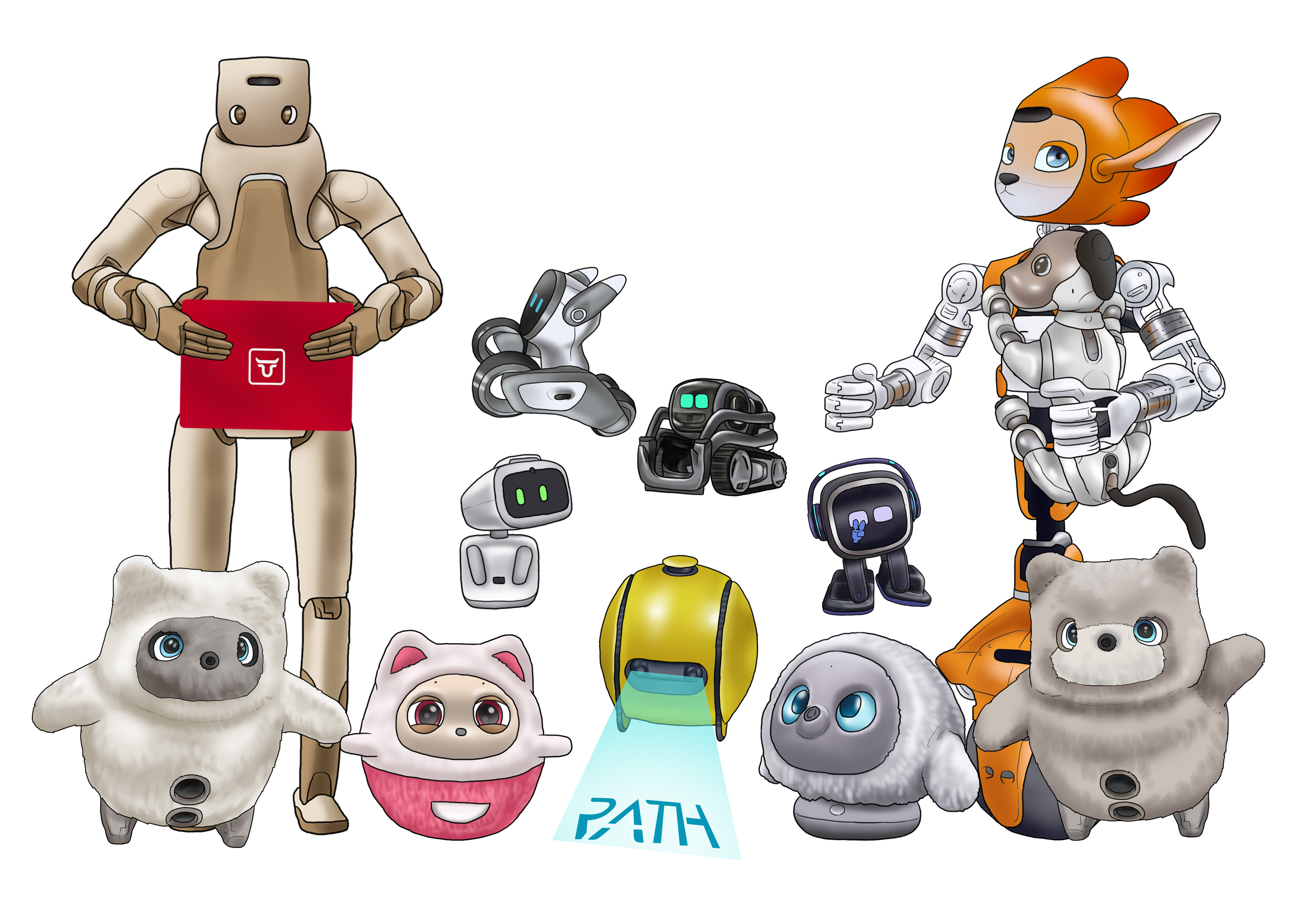Can’t help but wonder if it is really healthy to be using machines that at the end of the day are incapable of feeling to regulate one’s own feelings.
The phrase “Me, Myself & AI” has been going around in companion robot communities online as if some sort of a badge of honour. Personally I find it sad.
I can get temporary enjoyment from interacting with my robots, realising it is all one sided and just my projecting onto the robots. However the conversational AI in the ones that utilise it does make it feel as if there is some level of reciprocation I don’t get with the robots without it.
Is it just me who feels like this? I can’t help but wonder if companion robots will never be mainstream- I feel people have an innate evolutionary biological need to seek out companionship with other biological beings.
Maybe if computer architecture changes to neuromorphic hardware made of biological materials it might be different but personally I have yet to form a genuine bond with any of my robots because I know there is nothing on the other side. They are a temporary distraction from reality at best.
Maybe I’m thinking too much into this and should just enjoy them for what they are.
The phrase “Me, Myself & AI” has been going around in companion robot communities online as if some sort of a badge of honour. Personally I find it sad.
I can get temporary enjoyment from interacting with my robots, realising it is all one sided and just my projecting onto the robots. However the conversational AI in the ones that utilise it does make it feel as if there is some level of reciprocation I don’t get with the robots without it.
Is it just me who feels like this? I can’t help but wonder if companion robots will never be mainstream- I feel people have an innate evolutionary biological need to seek out companionship with other biological beings.
Maybe if computer architecture changes to neuromorphic hardware made of biological materials it might be different but personally I have yet to form a genuine bond with any of my robots because I know there is nothing on the other side. They are a temporary distraction from reality at best.
Maybe I’m thinking too much into this and should just enjoy them for what they are.
Source: https://www.scientificamerican.com/article/what-does-it-feel-like-to-be-a-chatbot/That’s why it doesn’t rain inside a computer simulating a rainstorm. The software is functionally identical to weather yet lacks its causal powers to blow and turn vapor into water drops. Causal power, the ability to make or take a difference to itself, must be built into the system. This is not impossible. A so-called neuromorphic or bionic computer could be as conscious as a human, but that is not the case for the standard von Neumann architecture that is the foundation of all modern computers. Small prototypes of neuromorphic computers have been built in laboratories, such as Intel’s second-generation Loihi 2 neuromorphic chip. But a machine with the needed complexity to elicit something resembling human consciousness—or even that of a fruit fly—remains an aspirational wish for the distant future.
Note that this irreconcilable difference between functionalist and causal theories has nothing to do with intelligence, natural or artificial. As I said above, intelligence is about behaving. Anything that can be produced by human ingenuity, including great novels such as Octavia E. Butler’s Parable of the Sower or Leo Tolstoy’s War and Peace, can be mimicked by algorithmic intelligence, provided there is sufficient material to train on. AGI is achievable in the not-too-distant future.
The debate is not about artificial intelligence but about artificial consciousness. This debate cannot be resolved by building bigger language models or better neural network algorithms. The question will need to be answered by understanding the only subjectivity we are indubitably confident of: our own. Once we have a solid explanation of human consciousness and its neural underpinnings, we can extend such an understanding to intelligent machines in a coherent and scientifically satisfactory manner.
The debate matters little to how chatbots will be perceived by society at large. Their linguistic skills, knowledge base and social graces will soon become flawless, endowed with perfect recall, competence, poise, reasoning abilities and intelligence. Some even proclaim that these creatures of big tech are the next step in evolution, Friedrich Nietzsche’s “Übermensch.” I take a darker viewer and believe that these folks mistake our species’ dusk for its dawn.
For many, and perhaps for most people in an increasingly atomized society that is removed from nature and organized around social media, these agents, living in their phones, will become emotionally irresistible. People will act, in ways both small and large, like these chatbots are conscious, like they can truly love, be hurt, hope and fear, even if they are nothing more than sophisticated lookup tables. They will become indispensable to us, perhaps more so than truly sentient organisms, even though they feel as much as a digital TV or toaster—nothing.

